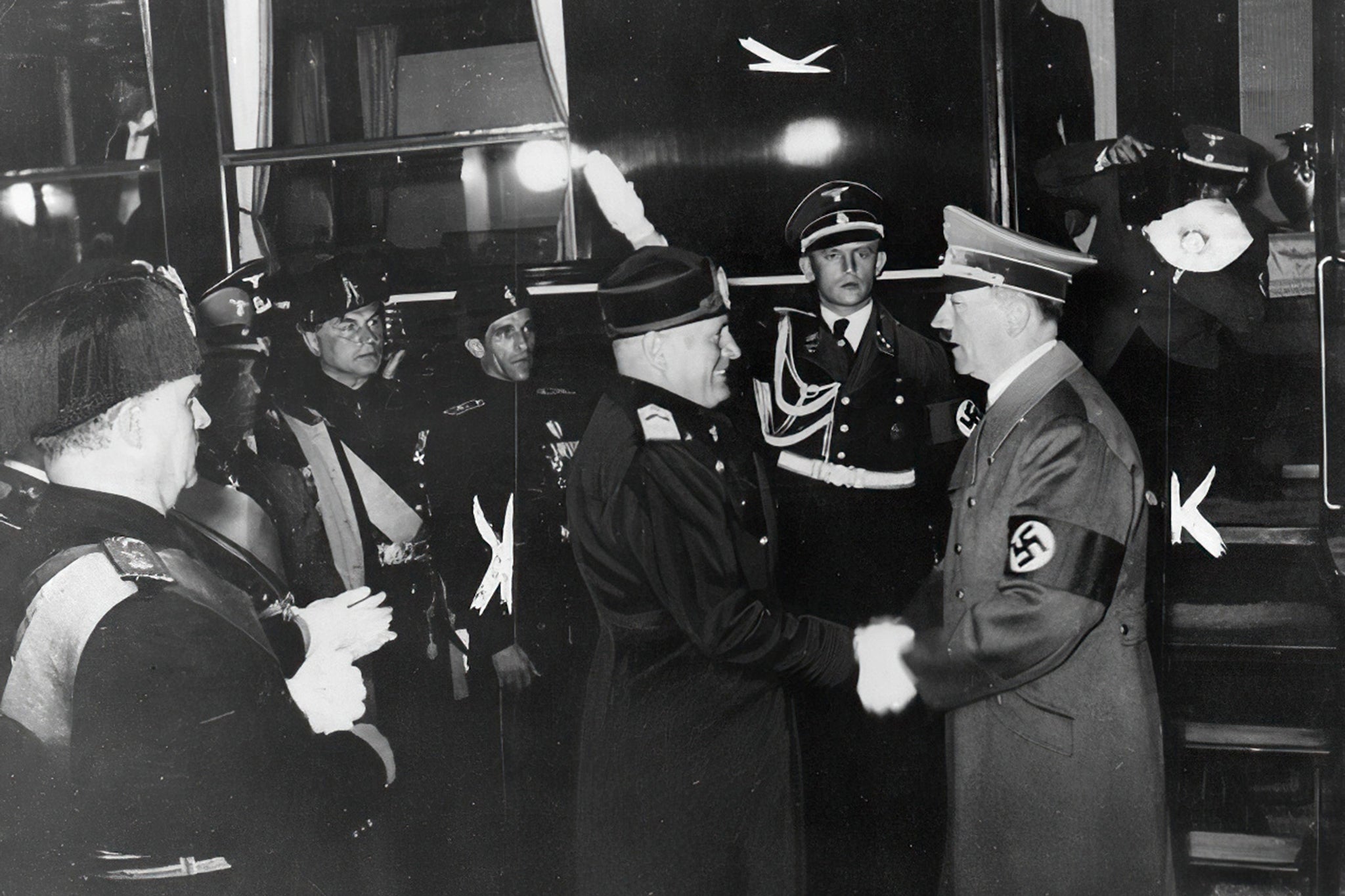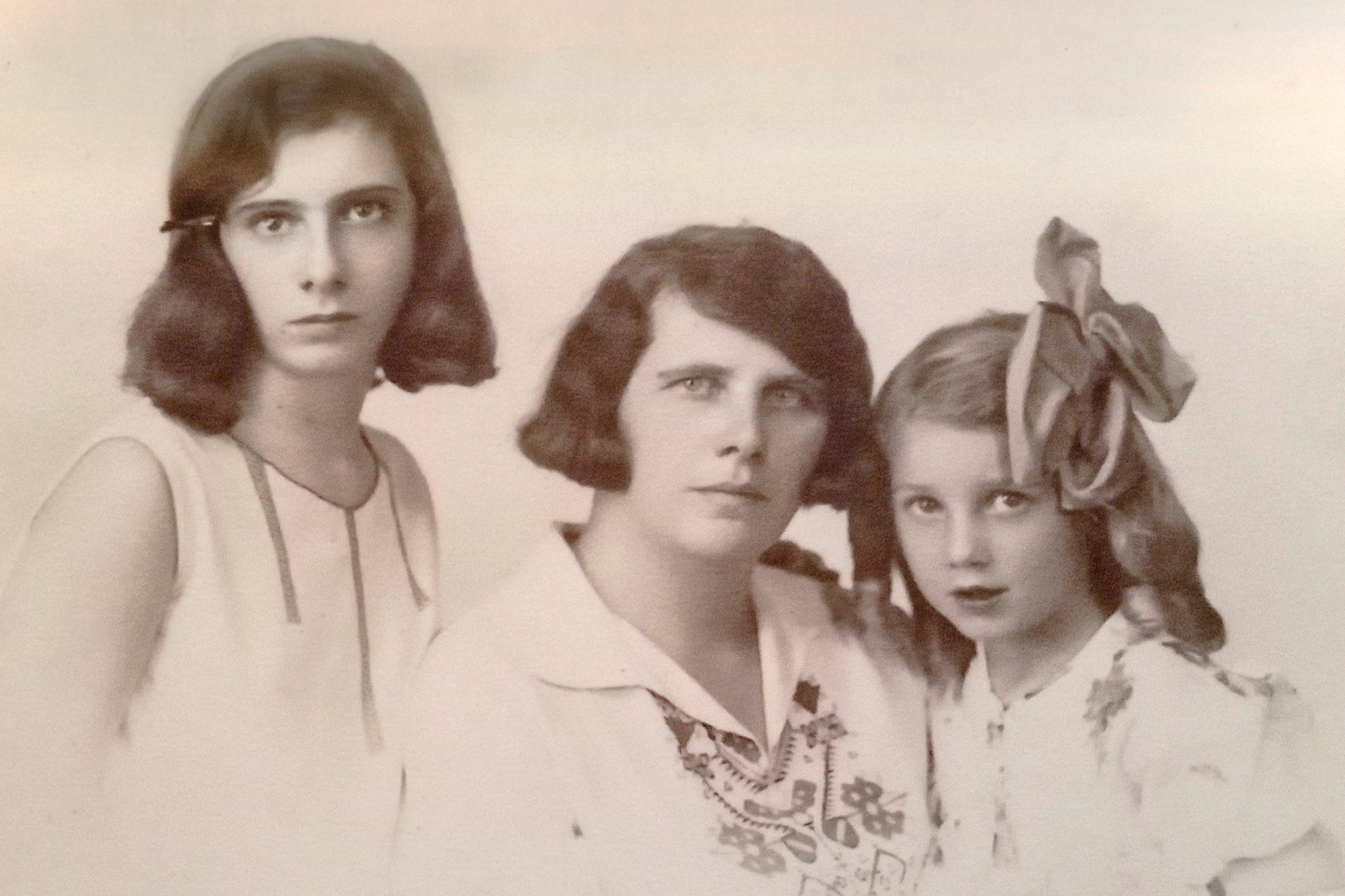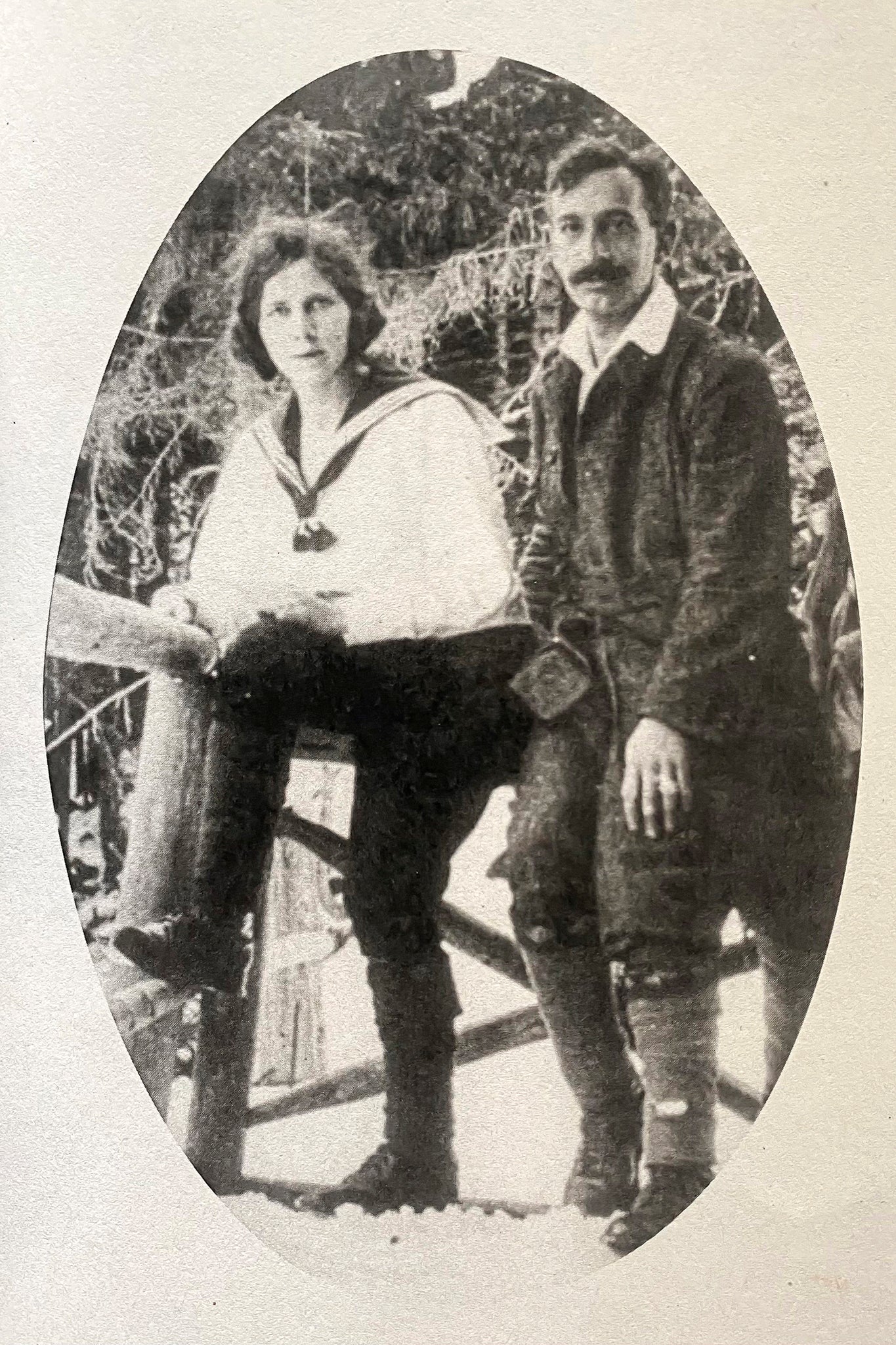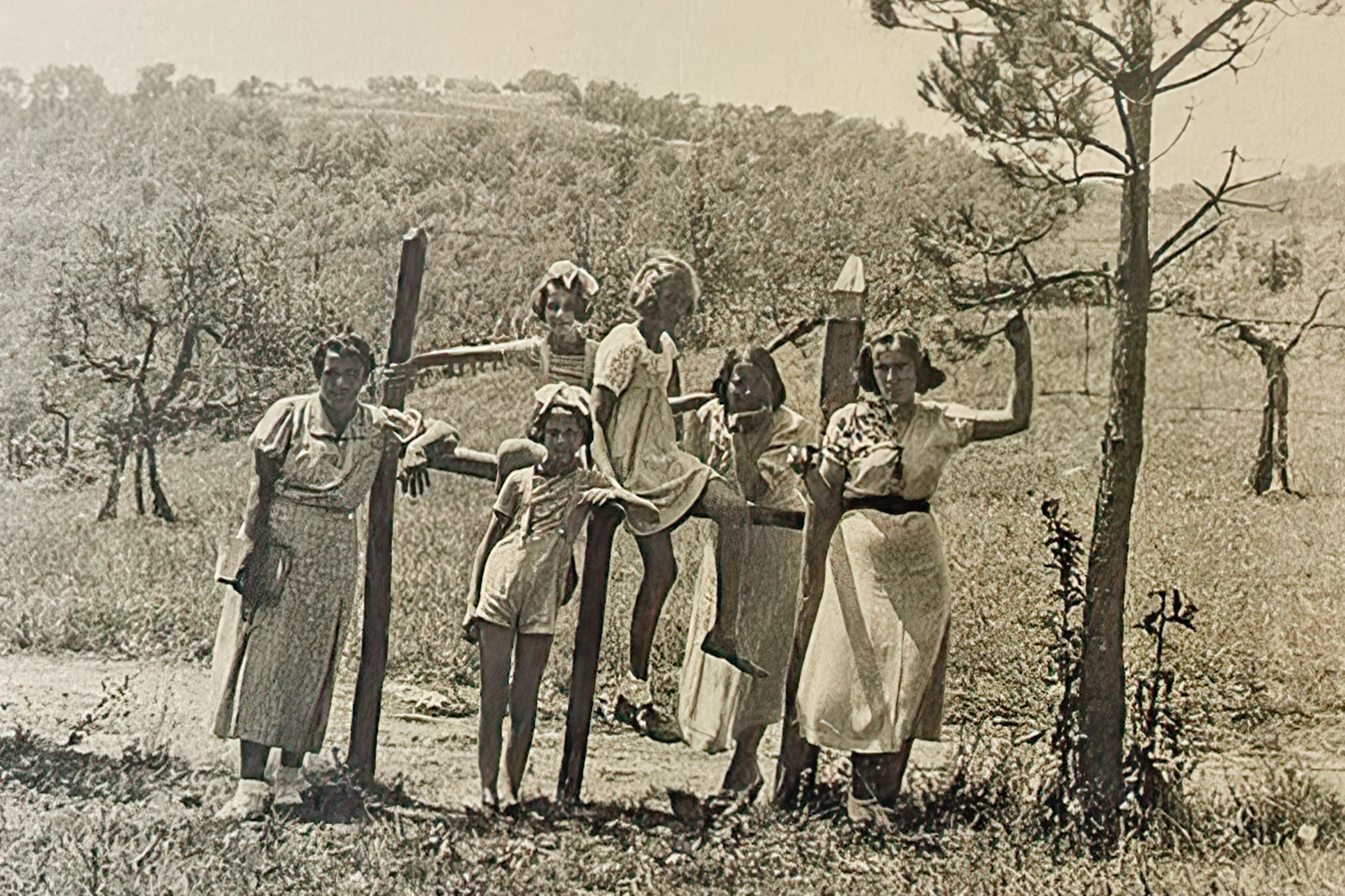How Hitler put a price on Albert Einstein’s head – and made his family pay
When the personal becomes the political, it can have a devastating effect on those feeling the sharp end of such a vicious vendetta. Here, Thomas Harding looks at how Hitler conspired to hunt down and intimidate one of the most famous scientists the world has ever known

Since his election to office, we have seen US president Donald Trump make the personal the political in a spectacularly cruel way. Almost on a daily basis, he has carried out revenge against his political opponents. He signed an executive order stripping federal security clearance from law firms who previously worked against him. He cut military aid to Ukraine after Volodymyr Zelensky dared to contradict him in the White House. He also revoked the security detail for high-profile critics like General Mark A Milley, Hillary Clinton and Kamala Harris.
Trump’s strategy of relentless political payback has triggered a pervasive fear in the American political and business universe which has led to self-censorship and an unwillingness to challenge.
Trump has put academics in his sights too, telling Columbia University that if they failed to place one of their academic departments into “receivership” they will lose $400m in federal funding. He has put Robert Kennedy Jnr, an anti-vaxxer who for years was sneered at by the scientific community, in charge of the Department of Health and Human Services. Trump’s administration has since cut billions of dollars from the National Institutes of Health.
Matters have grown so drastic that, on 31 March, 1,900 leading researchers accused the Trump administration in an open letter of conducting a “wholesale assault on US science”.
In these contemporary times, attacks against experts are not isolated to the US. Similar campaigns can be seen in Russia, Turkey and Hungary. But history tells us that it doesn’t take much imagination for political retribution to turn violent with terrible consequences. In 1989, Iran’s ayatollah Ruhollah Khomeini issued a fatwah calling for the murder of the author Salman Rushdie.
Experts are often the first to be silenced by authoritarian figures, especially in the world of academia and science. I examine one of the most egregious examples of this in my latest book on Adolf Hitler’s vendetta against the most famous scientist in the world: Albert Einstein. The Fuhrer would hunt down dissenters and mete out the most terrible retribution to his enemies in the worlds of politics, art and science, and Einstein would feel this to full effect.
By the time Hitler became chancellor of Germany in 1933, Albert Einstein had won the Nobel Prize and achieved stratospheric acclaim for his scientific breakthroughs, including the publication of the formula e=mc2.
That same year, a booklet was published in Germany entitled Juden sehen Dich an, or “Jews Are Watching You”. Sanctioned by Nazi propaganda chief Josef Goebbels, the booklet contained the biographies of some of Germany’s best-known Jews, including two pages about and two photographs of Albert Einstein. After each name was printed the word Ungehängt, or “Not yet hanged”.
This was no idle threat.

On 30 August 1933, the German-Jewish philosopher Theodor Lessing, another of those included in the aforementioned booklet, was shot dead by two Nazis at his apartment in Marienbad, Czechoslovakia (today Marianske Lazne in the Czech Republic). It was one of the first Nazi political assassinations to take place beyond Germany’s borders.
Lessing’s murder was widely reported around the world, including by The New York Times, which carried the story on its front page, under the headline “Lessing, German Refugee, Slain in Prague; Attacks on Others Abroad Are Feared”.
A week after Lessing’s murder, Einstein learned that the Nazis had also put his name on a hit list. Newspapers across Europe carried front-page stories that Hitler wanted the scientist assassinated. One of those to report the story was the London-based Daily Tribune, whose headline proclaimed: “Price Placed on Einstein’s Head”. They even gave a precise number. The assassination was worth £1,000. Today, that would be valued at more than £400,000.

Fearing for his life, Einstein took a boat to England and stayed in East Anglia for a few days. Not wishing to appear afraid, he allowed photographers to take pictures of him in hiding, sitting in a chair reading a book with two men close by, rifles in their hands. He then took a boat with his wife Elsa to the US, and moved into a house in Princeton, New Jersey.
Over the next decade, Hitler repeatedly ordered reprisals against his enemies. In June 1934, he orchestrated a retaliatory attack on the SA (the Nazi paramilitary organisation) whose loyalty he questioned. This purge, later called the Night of the Long Knives, resulted in the execution of at least 80 people, including the leader of the SA, Ernst Rohm.
Ten years later, following an attempt on Hitler’s life on 20 July 1944, he chose to exact an even bloodier revenge to teach his opponents a lesson they would not soon forget.
Colonel Claus von Stauffenberg led a plot with the support of many of his army colleagues. Hitler had him arrested and executed. He had Von Stauffenberg’s brother Berthold, who was also involved in the plot, hanged. But the punishment went further. Stauffenberg’s wife was deported to the Ravensbrück concentration camp, his children were interned in special homes and a number of his adult relatives were also arrested and deported. The family members of other conspirators were similarly punished.

Since medieval times, the Germans had a word for hurting family members for an act or crime committed by one of their relatives, it was called Sippenhaft, or kin liability. Eleven years into power, Hitler’s thirst for revenge remained unsatisfied.
Top of his list was still Albert Einstein. His hatred for the scientist had if anything become further inflamed since the had repeatedly attacked the Nazi regime in the American newspapers. To make matters worse, Einstein had very publicly raised money for the US war effort by selling his famous scientific manuscripts. And he was also lending his expertise to the US military.
Albert Einstein was now an ocean away from the SS and the Gestapo as he lived full-time in Princeton, New Jersey. His immediate family was also beyond the clutches of the Nazi regime. His wife Elsa, stepdaughter Margot, sister Maja and eldest son Hans Albert were all safely in America. And his first wife Mileva and second son Eduard were tucked away in Switzerland.
There was, however, one close family member left in Nazi-occupied Europe: Robert Einstein. Robert and Albert were first cousins. They had grown up together in Munich, Germany and had lived in the same house for 11 years. They were like brothers.

Their fathers, Hermann and Jakob Einstein, had run a business together in Munich in the 1880s. They provided electrification to beer halls, town squares and cafes. It had gone well until they over-reached and, after losing a big contract, went bankrupt. The Einsteins moved to Milan and started again. But once more the company went bust. From then on, the two families went their separate ways. Hermann stayed in Milan while Jakob relocated to Genoa.
While Albert had moved to Germany, soon attracting a name for himself, Robert had remained in Italy where he had graduated as an engineer and married an Italian woman. Together with his two daughters and three nieces, he moved into a beautiful villa outside of Florence. There, they ran a country estate, filled with vines, olive trees and peach orchards.
Like his famous cousin, Robert was a man of science. But he was not well-known. The local priest knew where he lived, as did the shopkeepers and some of the nearby farmers. For the most part, he kept his head down and tended his estate. This is where he was living in August 1944 when the order was given high up in the Nazi command to track him down as a punishment for his cousin’s dissent.
Albert Einstein had caused great harm to the Nazi regime. If they couldn’t kill the world-famous scientist, they would do the next best thing: they would go after his first cousin in Italy.

But when the heavily armed German unit arrived at his home on 3 August 1944, they could not find Robert Einstein. So they brutally murdered his wife and two daughters, Luce and Cici, instead.
A few weeks later, Albert received a letter informing him of his Italian family’s tragedy. No records have survived as to how he reacted. We do know how his sister Maja responded. She lived with Albert at the time he received the news and she said it gave her nightmares and she felt “broken”.
This is the tale I recount in my book The Einstein Vendetta. It is a dark story of how political animosity can turn into personal revenge. It is a warning for today – a warning of what terror authoritarian regimes can bring if left unchecked.
Whether it is the death of Putin’s opponent Alexei Navalny, who died after a “walk” at the "Polar Wolf" Arctic penal colony where he was serving a three-decade sentence. Or the poisoning of the Skripals who nearly died after a novichok attack in 2018, being an enemy of the Russian president carries a mortal danger. Elsewhere, dissenters may not lose their lives, but we have already seen how they can lose their jobs and their freedom too.
Once this starts, it is extremely hard to stop the cycle of revenge. Retaliation can morph into violent retribution, and this is not limited to Russia. The stabbing of Salman Rushdie, multiple assassination attempts against Donald Trump and the insurrection in the US Capitol, are three recent examples. It is also why the hunting down of a family carrying the name Einstein should never be forgotten.
‘The Einstein Vendetta’ by Thomas Harding (Penguin Michael Joseph, £22) is out now. You can follow Thomas Harding on X/ Twitter @thomasharding



Join our commenting forum
Join thought-provoking conversations, follow other Independent readers and see their replies
Comments